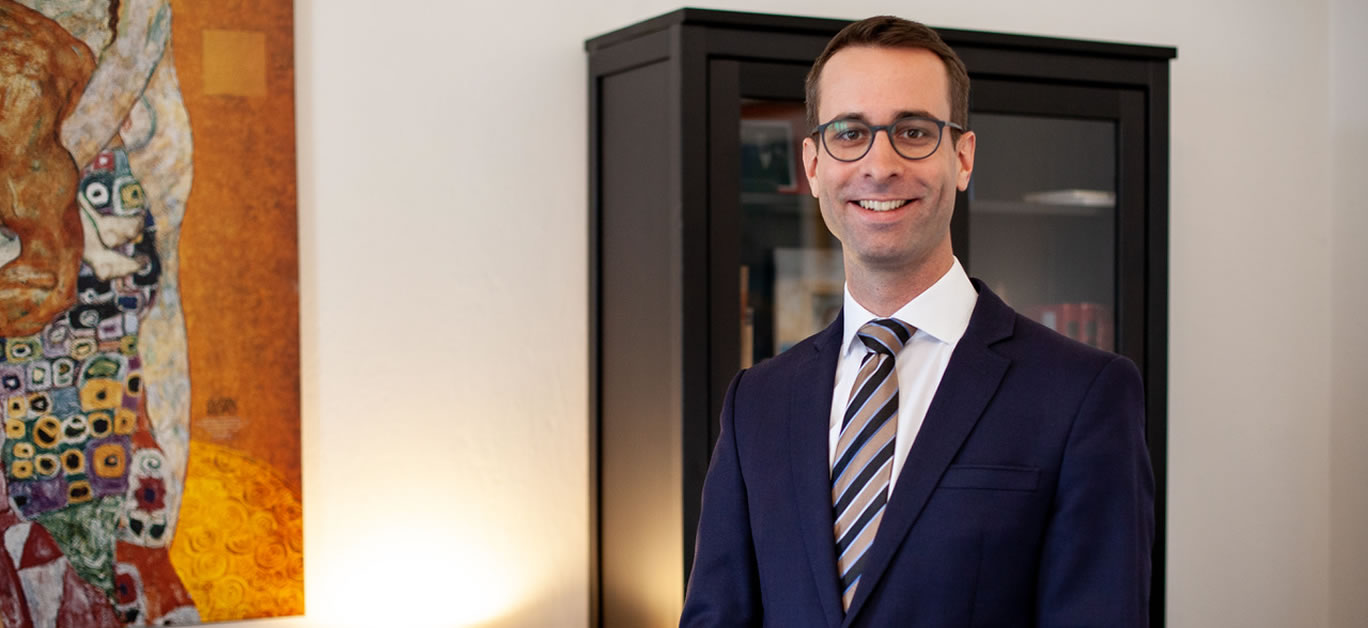As destinations reopen their borders to visitors, people are now focused on where they want to go. The way we travel is likely to be inherently different as we navigate from pandemic to epidemic and beyond but what will the landscape of luxury hospitality look like ahead?
RVS Hotel Consulting unites the top consultants of the hospitality world to create and shape luxury hospitality products from inception, through to marketing, operations and management. Through the pandemic, founder Emanuel Schreiner and his team have been working actively with investors and luxury hoteliers to meet the shifting demand dynamics of well-heeled travellers.
Here, he provides an in-depth insight to how the future of hotel and hospitality investment is shaping through one of the most transformational and economically challenging times in modern history.
How do you think the hierarchy of needs for the luxury traveller have changed?
First of all, it is important to understand that priorities are highly individual. Privacy, exclusivity, safety and comfort have always ranked highly in individual needs for the luxury traveller.
Safety has always been an important influence in the decision-making process – guests want to feel protected and safe so they can truly escape, relax and immerse into their travels. The pandemic has now put that previously seen-as-a-given safety need more at the centre of the luxury travel experience.
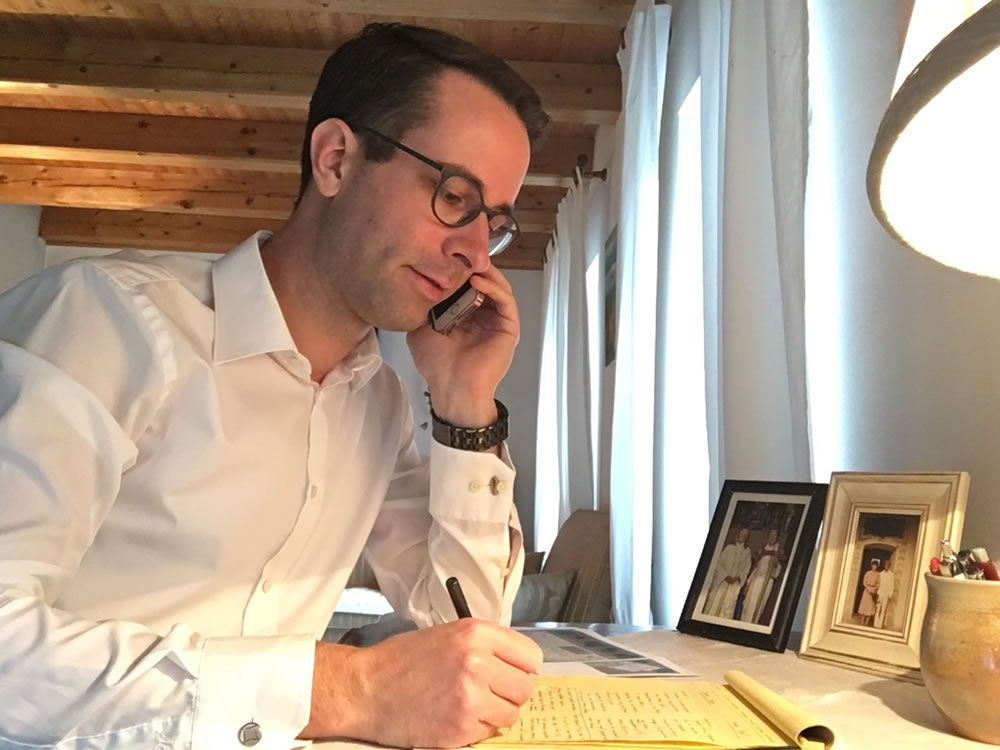
Whilst safety has moved up in the scale of priority, luxury travellers still desire unparalleled, uninterrupted experiences and so it is important that hospitality providers have streamlined their health and safety excellence protocols in order to provide peace of mind for guests without diminishing the guest service per se.
The pandemic has also given people the opportunity to reflect on what is important to them and their loved ones. As such, people have had time to think about the impact of their choices and are making conscious decisions to seek out luxury brands where philanthropy and sustainability form key values. The next big global impact after Covid is climate change, we currently witness political, and company changes everywhere in response to the ecological and also social shout-outs of the past years.
Philanthropy will play a big part in the upmarket traveller’s plans for the future. How can the culture and heritage of a destination influence a hotel experience? What is the best way to get an authentic yet bespoke travel experience? In what ways can I contribute to better a community’s life and future? Those will be central questions.
What does the future of guest experience look like? Hyper personalisation, immersive etc.
The key to success for any brand is to know your customer. Bruce Laval coined the term guestology for the Walt Disney Company in the 1970s; it describes how a hospitality business shall study its guests, their wants and needs and create a guest centric operation based on such research.
Nowadays, technology is a great tool in helping gather guest intelligence and aiding to provide a personalised experience. It is imperative that hotels have the right resources and systems in place to collect and store knowledge and guest information in order to streamline communications internally, from one department to another, or one hotel to a sister property.
However, within the luxury travel market, there is a very critical balance to adopt where human interaction is necessary to provide the luxury experience.
UHNWIs are typically very private people and we already know that privacy ranks highly as a travel need. There is a very fine line between gathering information to personalise an experience for a guest and over stepping the boundary to where the guest can feel vulnerable and uncomfortable. Discretion is paramount. If a hotel can achieve this balance, it will most likely lead to a repeat visit from the guest because the trust has been built.
Luxury has always been seen and defined as something that is not available to everyone, that more people dream about than are consuming it. Hence luxury guest experiences – or customer experiences, to widen the range – are never off the rack, but tailor-made by dedicated, sensitive people who are not just able to read a guest profile in a database but also the guests themselves.
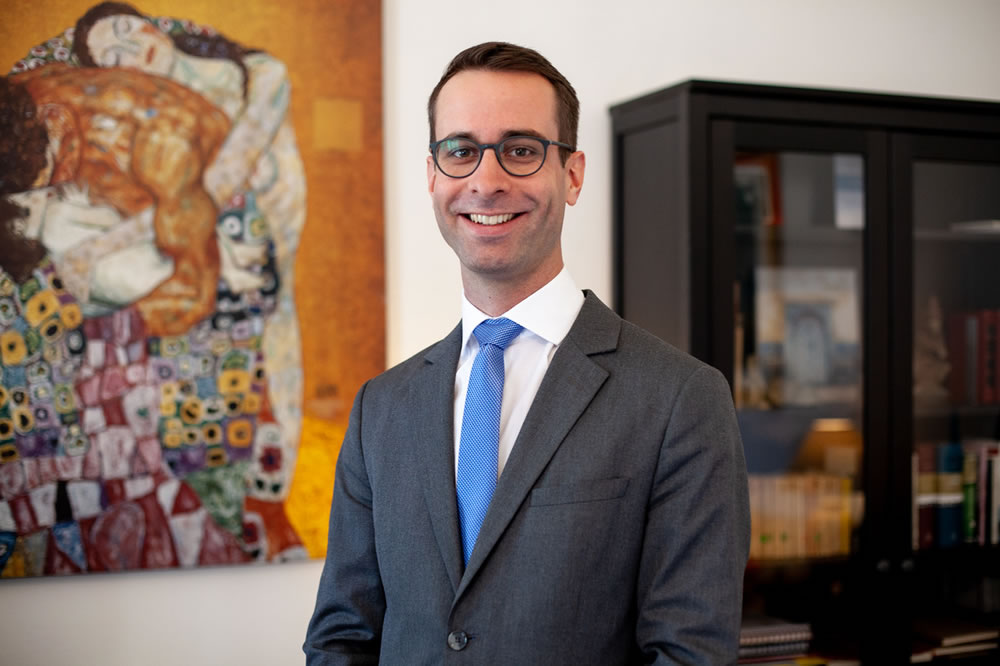
Where do you see the evolution of the high-tech, high-touch approach is headed?
Technology has been imperative in personalising the guest experience, from connecting the guest’s gadgets to the hotel’s smart devices, personalising guest rooms, and providing an ease of communication between the guest and the hotel (WhatsApp with guest service butler, for example).
Hospitality, for me personally, is any guest-host situation and that means a human-to-human interaction. We all need the human interaction, the individual characters we encounter and the smiles we are exchanging.
Therefore, in my eyes, for an ultra-luxe experience, tech can never replace people in luxury hospitality – human interaction is a must to reconnect people physically and mentally. I am not a fan of reducing human interaction to lower costs in this travel segment.
What are your thoughts on the increase of lifestyle hotels that we see? Those that marry lifestyle and luxury together?
Within luxury hospitality, it is our business is to cater to those who want to lead a certain lifestyle, those who are hardworking, or have been hardworking, and want to escape and experience the extraordinary. We must recognise that those needs and that lifestyle is continuously evolving. Hotel brands strive to become a lifestyle product and a destination by themselves, a place where people have a longing to go to.
Hotel types have been changing for many years, moving on from the traditional hotel room infrastructure. From hostels to hotel residences, there is an increased pressure to innovate and create business models for new travellers. Big hotel operators are continuously buying existing hotel brands off the market to further diversify their portfolio or are creating their own new sub brands for the same reason, all in the light of the trend of personalisation.
In my opinion, I find it sometimes difficult to keep up with all the new brands and I am questioning the values and differentiation factors behind it. How many sub brands are healthy – and necessary – for a global hotel operator?
We are now seeing the rise in co-branded residences in the luxury hospitality sector, where luxury lifestyle brands co brand with highly esteemed luxury hospitality brands such as the Dior Spa at the newly opened Cheval Blanc Paris (both brands belong to the LVMH conglomerate) or the Swiss medical wellness operator Chenot who partners with One&Only and the new luxury residential mega yacht project NJORD, for which RVS’ honorary advisor Renato Chizzola works as senior VP for Lifestyle and Resident Relations.
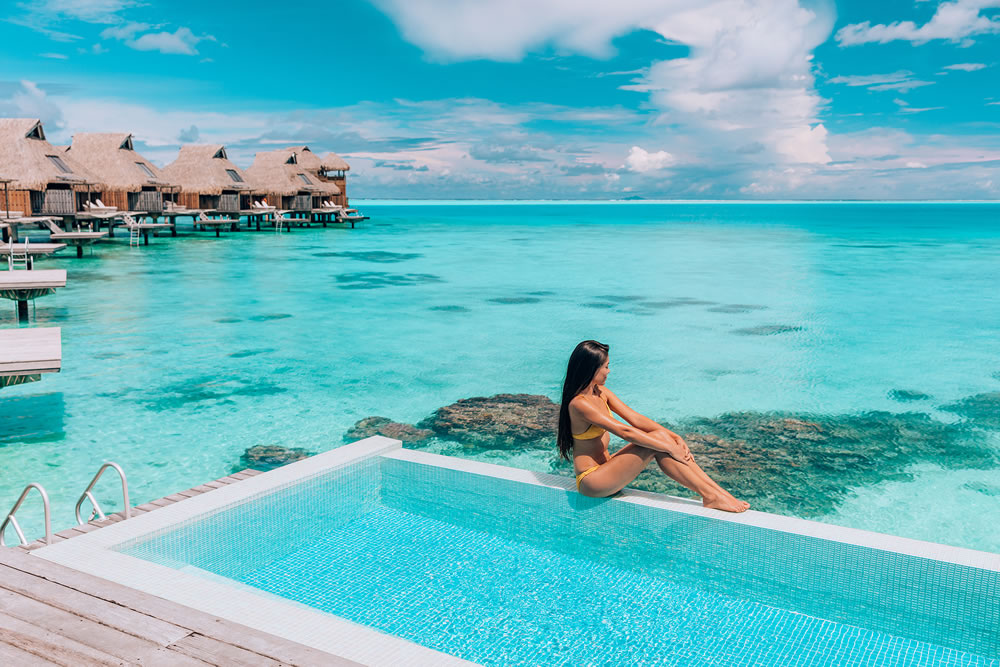
We’ve seen fashion houses infiltrate the luxury hospitality market for a while now, the next sector to emerge into hospitality is automotive. The car you drive is a big lifestyle choice, and an important one to luxury consumers, and the synergies between automotive and hospitality are paramount. Porsche Design has partnered with a hotel operator, so did Aston Martin.
From a brand perspective there are certain benefits when teaming up with an established hotel operator, first of all of course the added value through the reputation. That is a reciprocal benefit. Yet I also see hurdles along the way. Will the hotel operator be able to translate the (car) brand’s DNA into customised hospitality service and experiences? Or is it just the interior design and the brand’s logo that reminds me as a guest about it? That is where we at RVS provide this advantage, being able to create such custom-made service concepts and branded guest experiences as white-label for luxury brands.
Personally, I am also very excited about the multidisciplinary environmental initiative with a luxury hospitality component, Earth 300 by Aaron Olivera, a great visionary, and friend. Also, I am curious about the first hotel coming from Google or Amazon – more than the space travel efforts of these companies which I find reprehensible for ecological reasons.
Uncertainty and cautiousness impacted hotel investor interest in 2020 due to the Covid-19 pandemic, how does it look moving forwards?
Let’s be clear, there is substantial business after Covid. In fact, investors who were already in the hotel real estate market prior to the pandemic were likely to acquire more properties during the crisis as market value was down. The biggest struggle of course was – and in some cases still is – for the independent hotels, often family owned and operated. Many hotels got creative and adopted to the required changes and developed new concepts for their properties, such as office spaces for the local community where not everyone was able to work from home.
The pandemic taught us that, no matter what, people want and need to travel; they want to discover new places, explore the world and meet people. There’s a hunger that has always been there; now we know just how important it is.
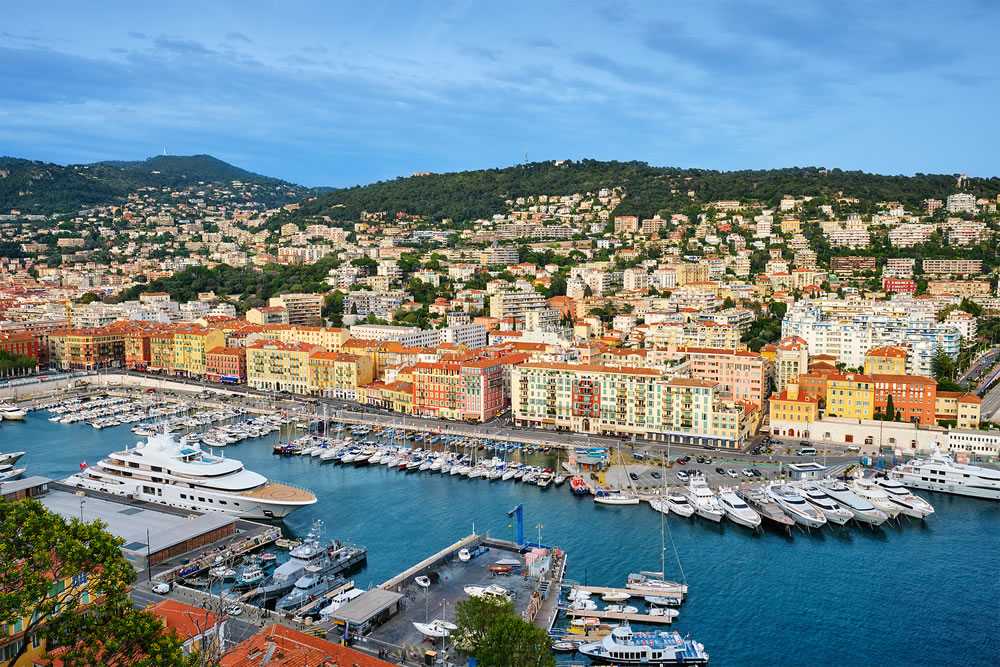
As the dust starts to settle in Europe, investor interest is rising again. The increasing interest is in projects that reach beyond the traditional hotel model. Branded hotel residences are on the rise in major cities across the world to meet the transient needs of the high-net-worth buyer. Where luxury homes meet upscale luxury hospitality brands, offering the conveniences of a hotel stay including concierge services, food and beverage services, housekeeping – in high design, centrally located accommodation.
We are witnessing this rise from investors because if you widen your portfolio, the safer your business income is.
So, why are branded residences on the rise following the pandemic?
Hotels are evolving into multi use developments to create a community and a lifestyle. Luxury hospitality brands are increasing their own value by engaging with other luxury lifestyle brands, the market for ‘and residences’ hotels is booming.
It’s a matter of convenience, and convenience is a luxury. To live in a space where you have all of the amenities and services of a hotel but without the inconvenience in organising, hiring and managing yourself is a valued benefit.
UHNWIs desire to be part of likeminded communities where they can trust that they share similar values, passions and expectations. This applies in particular to young high-net-worth-individuals where community is an important lifestyle choice.
Branded residences – no matter if they are branded by a hotel or non-hotelier brand – are selling a lifestyle and not square footage. This is crucial to understand. Those seeking higher profits in real estate sales through the added value of a brand name need to be aware of the brand’s heritage and DNA that best is translated into bespoke service concepts and a community lifestyle, governed by specific terms and regulations.
At RVS Hotel Consulting we have great experience in our network developing residential hospitality brands including The World, the exclusive residential community-at-sea where its residents can travel the globe on a year-round itinerary without ever leaving home, or private clubs and upper-class gated communities in the USA.












